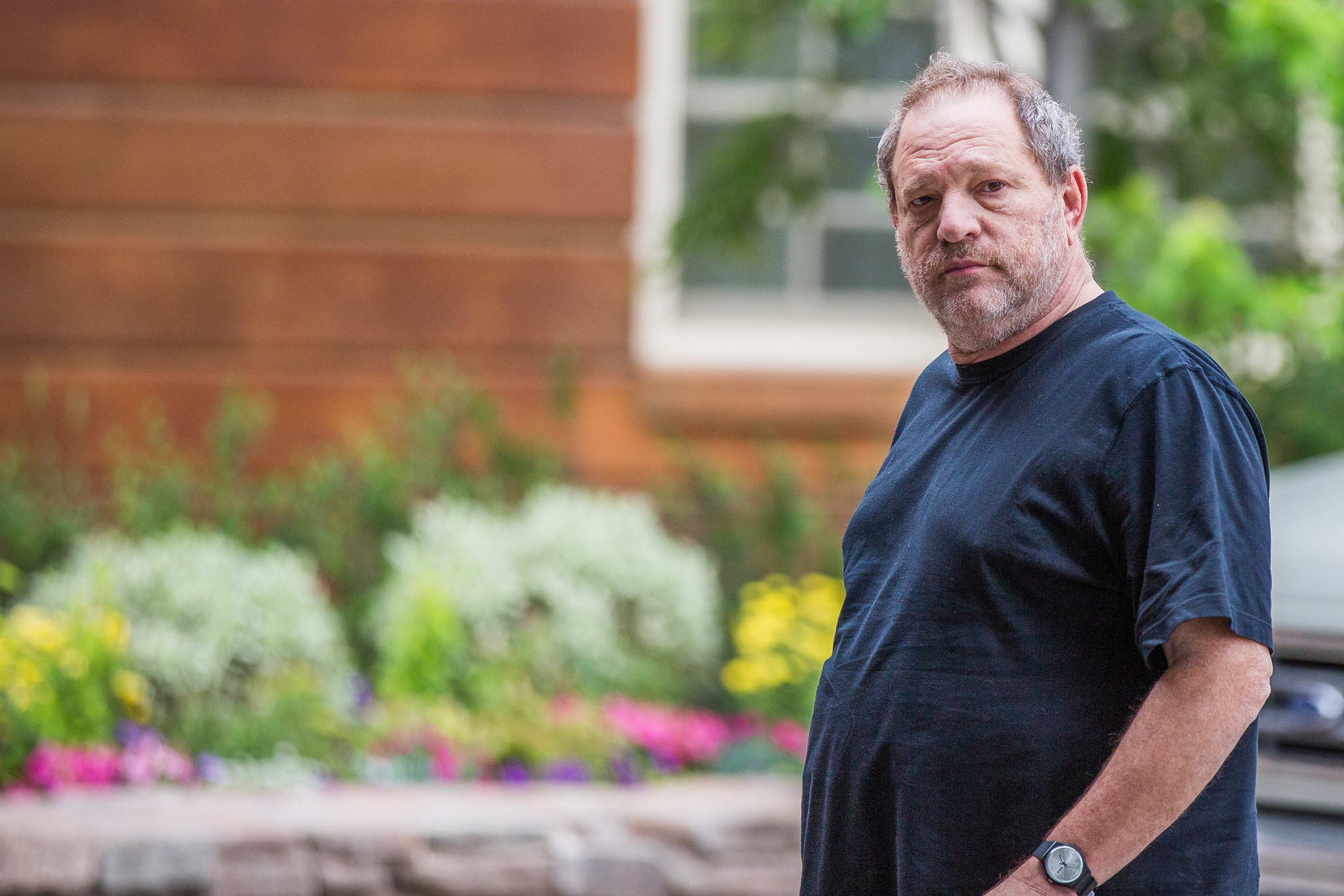The recent avalanche of harassment allegations has produced much discussion about men’s abusive behaviour. All people in positions of power do need to stop preying on others, if not out of genuine decency, then out of self-preservation.
However, the bigger question is: Why are society’s institutions failing women and others with less power? If these wealthy, powerful Hollywood women kept their secrets about harassment and rape all these years, imagine what low income women, those from racialized communities, people with disabilities, queer folks, and others without a big media microphone have experienced.
So yes, I’m talking to you, every organization in the country.
Some men think they can get away with sexually abusive behaviour toward women because in their experience, the organization and the culture allows them to do so. Colleagues, subordinates, clients, and sometimes friends and family, prefer not to know, or if they know, not to act. Power, including the power to reward or retaliate, underpins their behaviour.
So why do our institutions allow them to do this? Hollywood is far from unique. There are many examples in politics, business, academia, medicine, the clergy. Why do we not recognize that when people have a lot of power, they are sometimes tempted to abuse that power?
When powerful people make a lot of money for an organization, when they are very famous, or when they have a lot of political power or just clout within an organization, they tend to get a free pass. No organization in immune.
Some powerful men (and sometimes women) get away with sexual predation for decades until finally someone speaks out. We live in a society that sexualizes women’s bodies, where women generally have lower incomes and less power, where women are under-represented in powerful leadership positions. Multiply that vulnerability for others with less power, and especially for children. Canadian residential schools, the Pickton murders, and generally the situation of Indigenous women and girls jump to mind.
What can institutions do?
The first step is recognizing the potential for harassment and abuse to happen in every organization, at every level. This is just due diligence — like recognizing workplace health and safety hazards. The media attention on Hollywood will die down, but our determination to take action to end harassment and abuse must not.
Prevention is key: a clear policy, well publicized in the workplace, is the first step. That policy should also have a complaint process that can be easily accessed, and that can quickly but thoroughly investigate and resolve complaints.
Boards of directors know that the tone of an organization is set from the top. Training everyone from the CEO and board to staff and even contractors is key to make this policy and procedure effective.
A complainant needs to be able to report a problem in a confidential manner to find out about options for action. Usually the complainant just wants the unwelcome behaviour to stop. A one-time verbal sexist remark might just lead to a request for a verbal apology.
More severe or persistent harassment should require a written complaint, a formal investigation, and an outcome that is commensurate with the offensive behaviour. The policy and procedure need to be taken seriously. For complaints about senior types, such as the CEO or president, the addition of an outside consultant can help cut through the power structure that makes internal staff reluctant to act.
We expect individuals, especially those in powerful, senior positions, to behave well. But we can’t just leave it to individuals to do the right thing. We know that most people don’t steal or from one another, evade taxes or drive recklessly. But we have laws, and we enforce those laws, just to make sure.
Most people don’t abuse or harass their co-workers, but our institutions need to ensure that they are serving everyone well with prevention, and by identifying and dealing with those that do.
And while we’re at it, let’s reform our institutions so they are representative of the people they serve and don’t just rely on that one powerful man. Being a master of the universe is not really healthy for anyone.
Peggy Nash is a visiting professor in the field of women and leadership at Ryerson University, Faculties of Arts and Community Services.
This story was first published in the Toronto Star.



